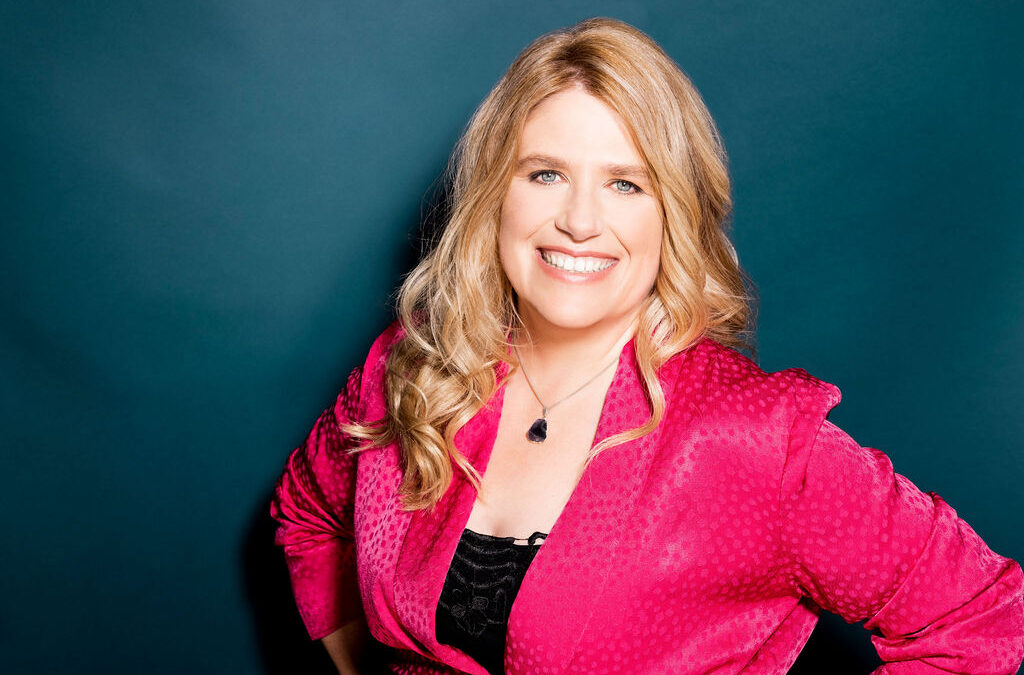The Beginning: 15 Years at the Public Prosecution Service
For 15 years, I worked as a (senior) legal secretary at the Public Prosecution Service. I was the right hand of the public prosecutor, mainly handling cases involving youth and domestic violence. Over time, I realized that I was much more interested in understanding why someone made certain life choices rather than judging whether those choices were right or wrong. Most people are fully aware when they’ve crossed a line, but I found the question of how such situations could be prevented far more important. Especially with young people, I saw that earlier intervention could have avoided contact with the justice system altogether.
The Turning Point: A Realization That Changed Everything
As a result of a nationwide reorganization, my role changed significantly, and I had less and less direct contact with the young people I was trying to help. This eventually led to a burnout at the age of 33. Admitting that I was no longer in the right place, and that I needed a change, was a huge challenge. When my relationship also began to falter, I knew I had to prioritize myself. My work no longer fulfilled me, and I couldn’t rely on my partner for support. I was the only one who could make myself happy again.
Finding a New Direction: The Path to Becoming a Trauma Therapist
Almost impulsively, I signed up for a course to become a children’s coach, hoping it would help me better connect with the young people I met in counseling sessions, and make my job enjoyable again (my employer didn’t know about this yet). The training had a bigger impact than I had anticipated. I saw children leaving my office with their heads held high, parents who felt seen and heard, and lawyers who were baffled. For the first time, it wasn’t just about punishment. “This is so unlike the Public Prosecution Service, but it’s what the world needs,” I heard, after just two days of training.
Facing the Challenges: Overcoming Fear and Embracing Change
I started my practice on the side while still working at the Public Prosecution Service. I had a great salary and was scared that I would never be able to match that as a self-employed person. But growing my practice was challenging with 4 nine-hour days a week at my main job. Still, complex cases began to find their way to me, probably because I had seen almost everything while working at the Public Prosecution Service. I decided to specialize as a trauma therapist, and that marked the beginning of the end of my job there.
One case, in particular, stands out. I was assigned to work with a 16-year-old boy who had a history of not going to school. From the moment he entered high school, he had barely attended. Reading his case report, I learned that just before starting high school, he had been severely beaten up, leaving him in a coma for a week. His parents suspected who the attackers were, but when they went to the police, a Molotov cocktail was thrown into their home, burning it down. Over the following four years, this boy was repeatedly placed in observation to figure out why he wasn’t attending school, yet no one had ever asked if the attack and fire had anything to do with it. I immediately made that connection.
When he came to see me, I asked if he was sleeping well. His eyes widened, and he said, “I never sleep. When I sleep, I’m either going to get kicked to death again or I’m being swallowed by flames.” This boy didn’t need a push to get back to school; he needed trauma therapy.
His lawyer said, “Today’s your lucky day because Ms. Ruissen is an excellent trauma therapist.” I explained that I wasn’t there as a therapist, but I could ensure he got the treatment he needed. The lawyer later shared my private number with the boy’s parents, convinced I was the only person who truly understood his needs. This created a significant conflict of interest, so I went straight to my supervisor and announced it was time for me to leave.
When people in the field started seeing me as a helper rather than a lawyer, I knew it was time to make a change, no matter how intimidating it felt. I believe the universe gave me a gentle nudge in the right direction. Ultimately, my departure from the Public Prosecution Service was less gentle. An ethics committee investigated whether I had genuinely referred the boy for treatment. My name was cleared three months after I left, but I never got to properly say goodbye to colleagues I had worked with for 15 years.
The Joy of Finding Work That Truly Fits
In the years that followed, I explored many different things, tapping into my creativity, which had always been there but never fully used. This led me to work more with adults than with children. I designed two card decks, one of which is a coaching deck now used by over 2,000 coaches and therapists in the Netherlands and Belgium. I also wrote and illustrated three books, and my coaching practice (mainly for female entrepreneurs looking to take quantum leaps in their business using their own magic), is thriving. I make my own rules now and no longer have to follow others’ regulations, which often conflicted with my approach at the Public Prosecution Service.
Advice for Those Considering a Career Shift
After losing my father a year ago, I have come to truly believe that life is too short to live in a way that doesn’t fit who you are. I also believe that everyone is here with unique qualities and talents, and it’s meant for us to fully express those gifts. You are here, now, during these extraordinary times, for a reason. You have something to offer the world. It’s not about grinding away at the same job every day for the illusion of safety from a monthly paycheck. It’s about living a life that makes you come alive.
Get to know more about Mariska:


